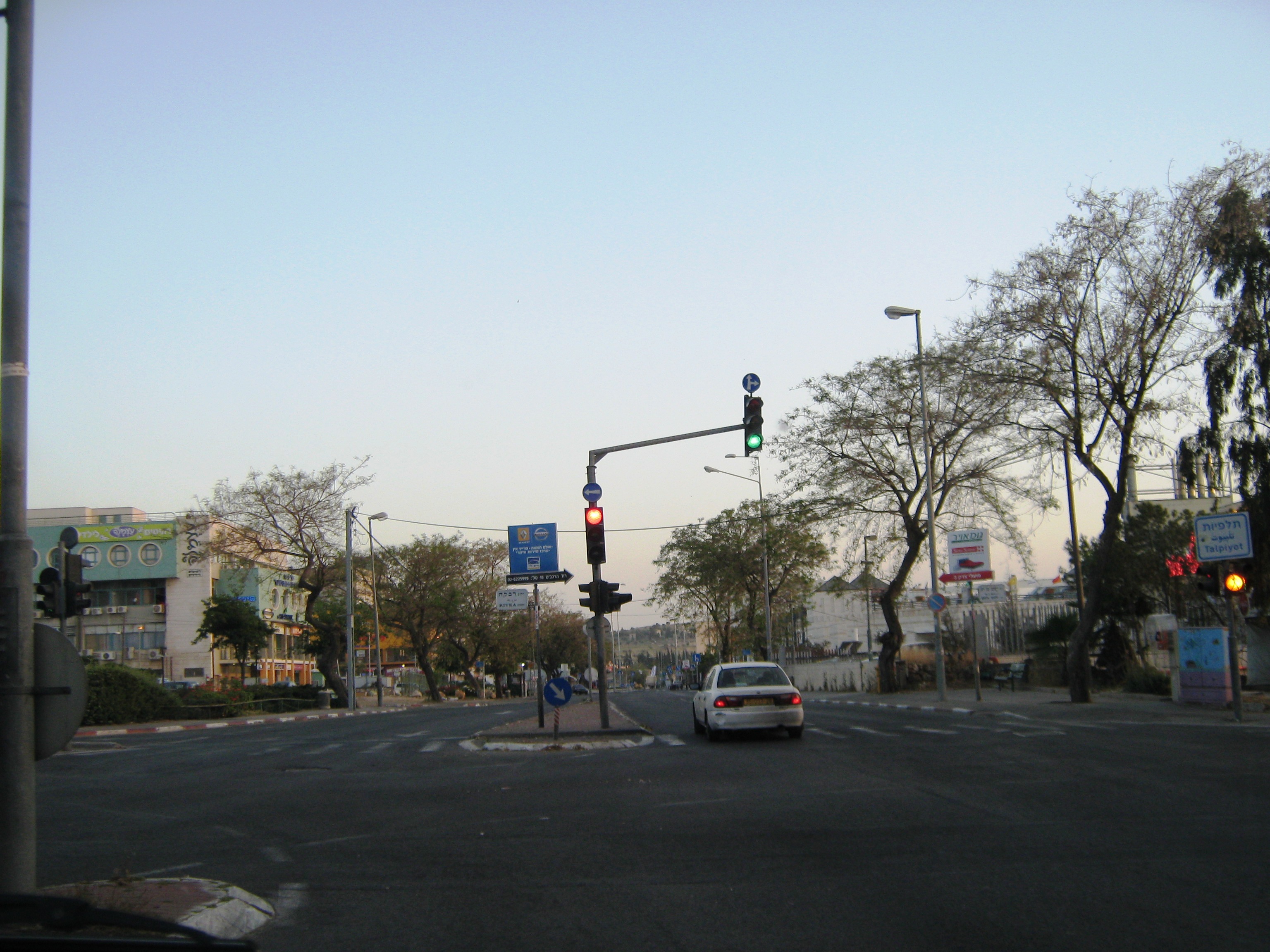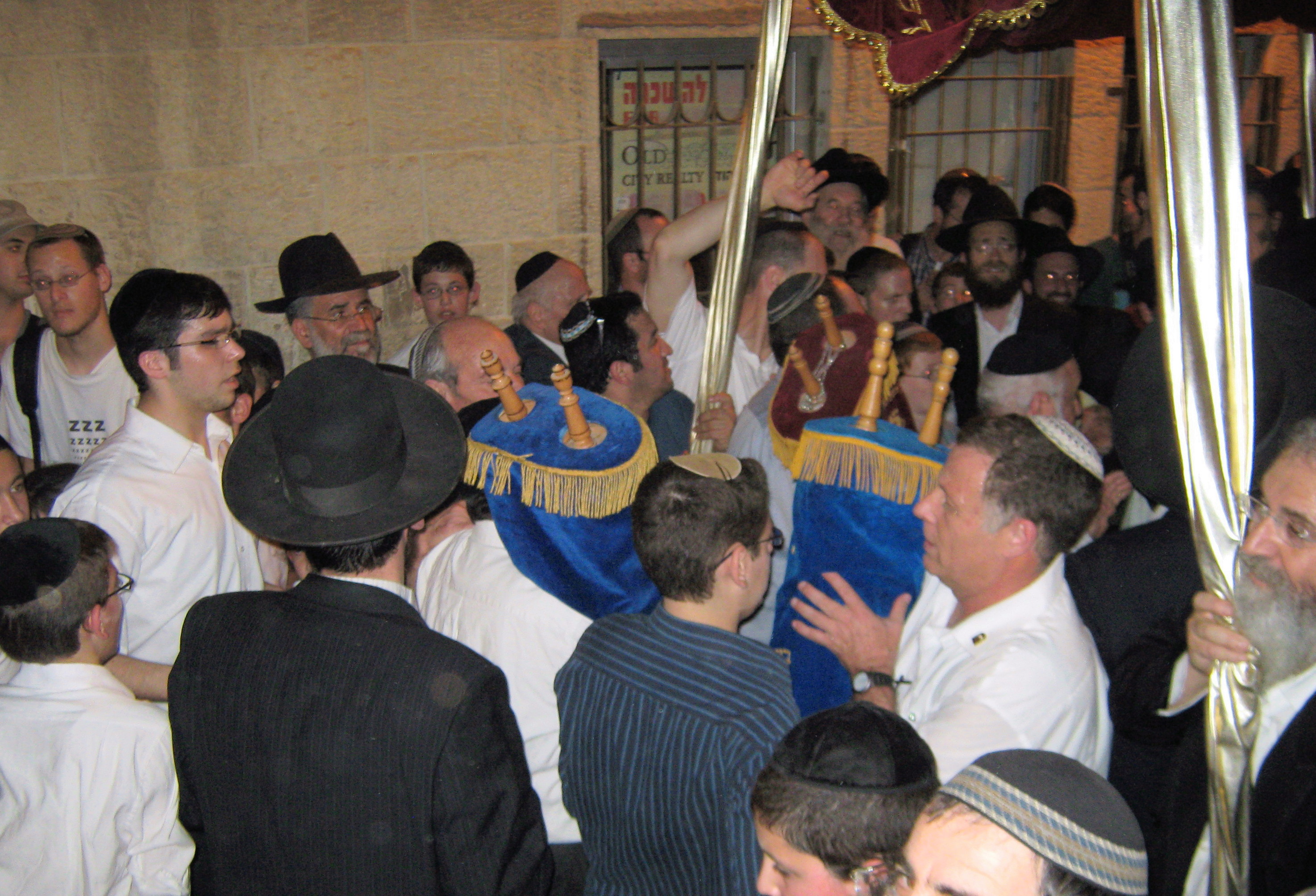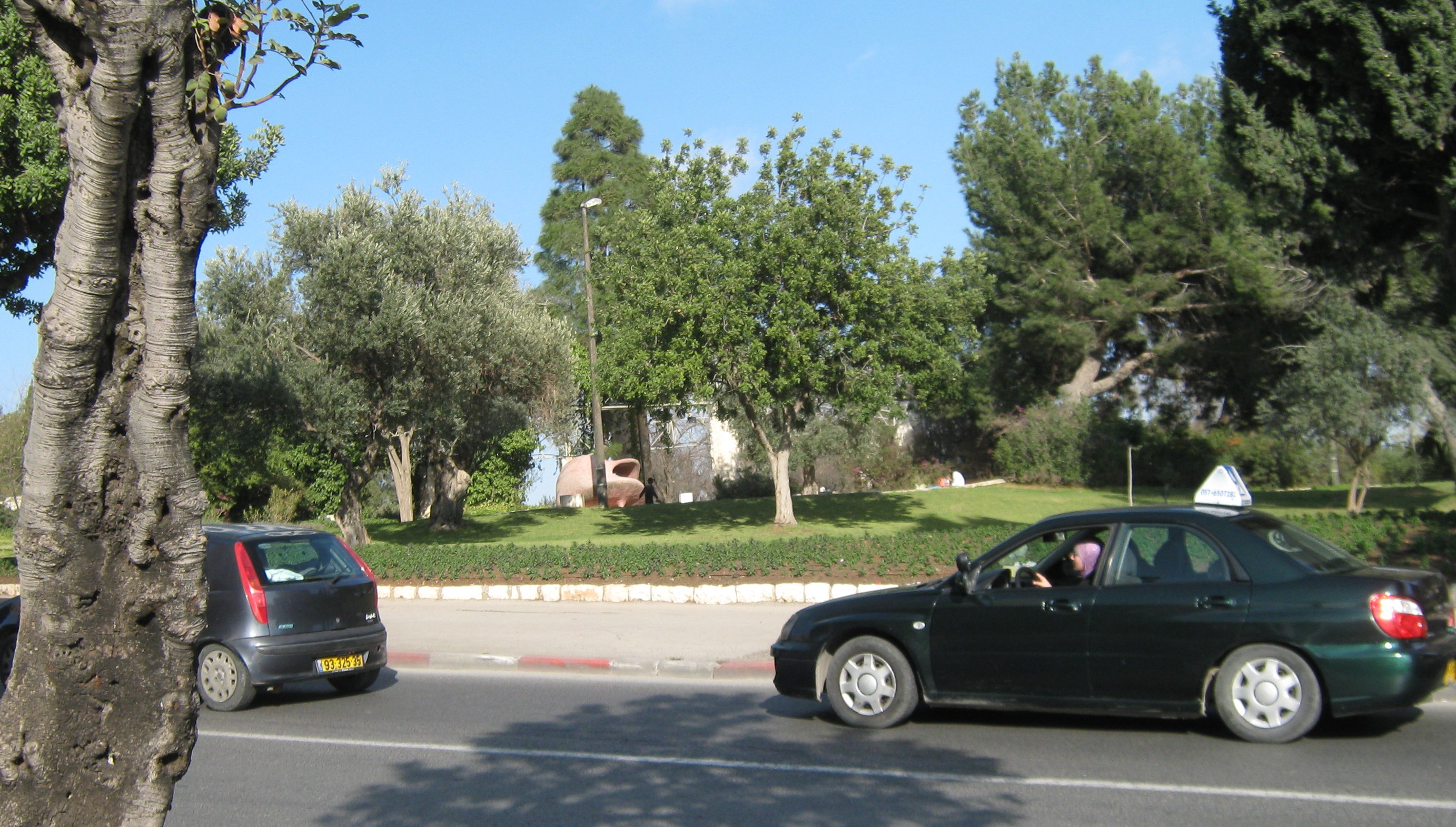Yom Hazikaron
Israel Remembrance Day
4 Iyar 5770 April 19, 2010
As the sun was setting on the eve of Yom Hazikaron,
shopping areas closed down and the streets became quiet;
scouts and youth groups slowly and somberly gathered.
A televised military ceremony at the Kotel, the Western Wall, involved thousands of people,
thousands of families gathered at the International Convention Center;
and there were also many well-attended community memorial events.
One Family, an organization aiding victims of terror, held a ceremony in Katamon.
Nearby, hundreds of people gathered to remember fallen soldiers of all the Israeli wars and those killed in terroist attacks. At 8:00pm at the sound of the siren, all stood in silence.
Torches and memorial candles were lit.
The names and histories of those killed
were read; to remember.
Soldiers in uniform attended.
Besides memorial services at cemeteries during the day,
there were neighborhood ceremonies where memorial wreaths were laid.
At 11:00 am, people came outside the walls of the Old City to watch the traffic
come to a stop at the sound of a two minute-siren.
The memorial flame was attended all day by a changing military guard.
To remember.






































